What Does Blended Learning Look Like in an AP Class?
Catlin Tucker
JANUARY 13, 2020
In this guest post, Cori Schwarzrock shares her experience using blended learning models in her AP psychology course. I teach AP Psychology, blended and traditional, at a high school in the northwest suburbs of Chicago. Cori Schwarzrock is an AP Psychology teacher at Cary-Grove High School in Cary, Il. Not sure where to start?



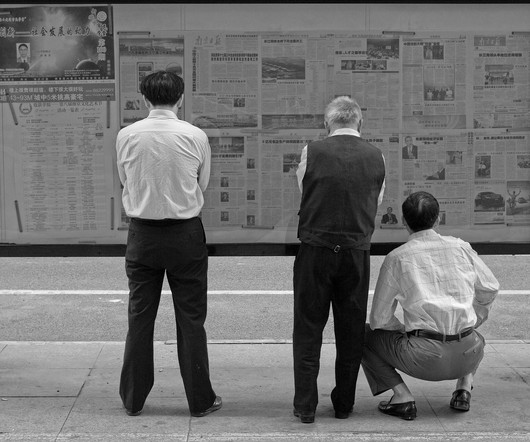

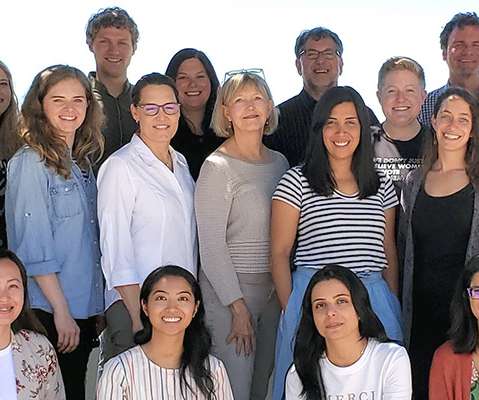
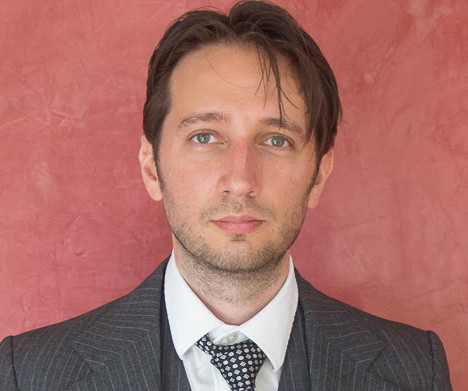


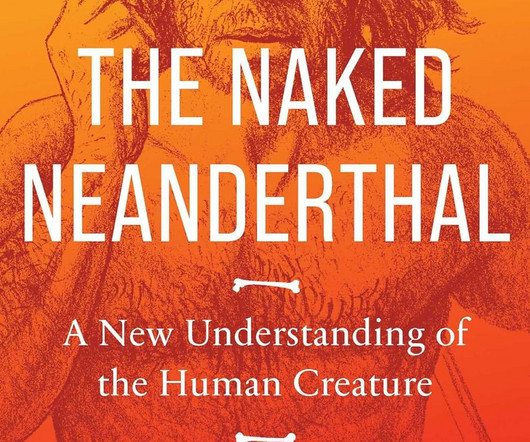
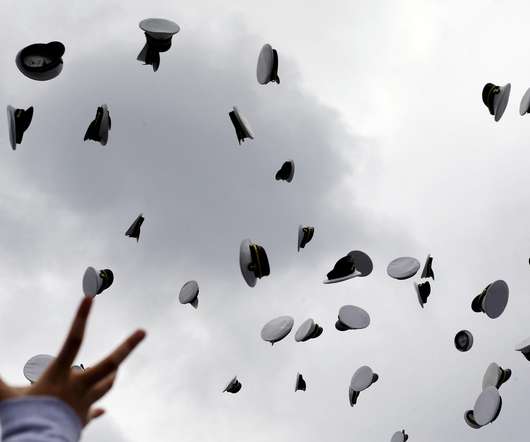
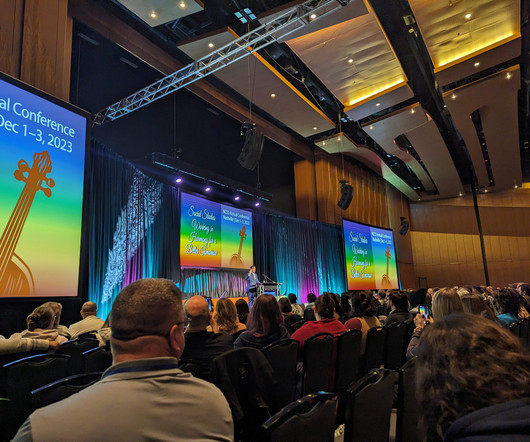








Let's personalize your content